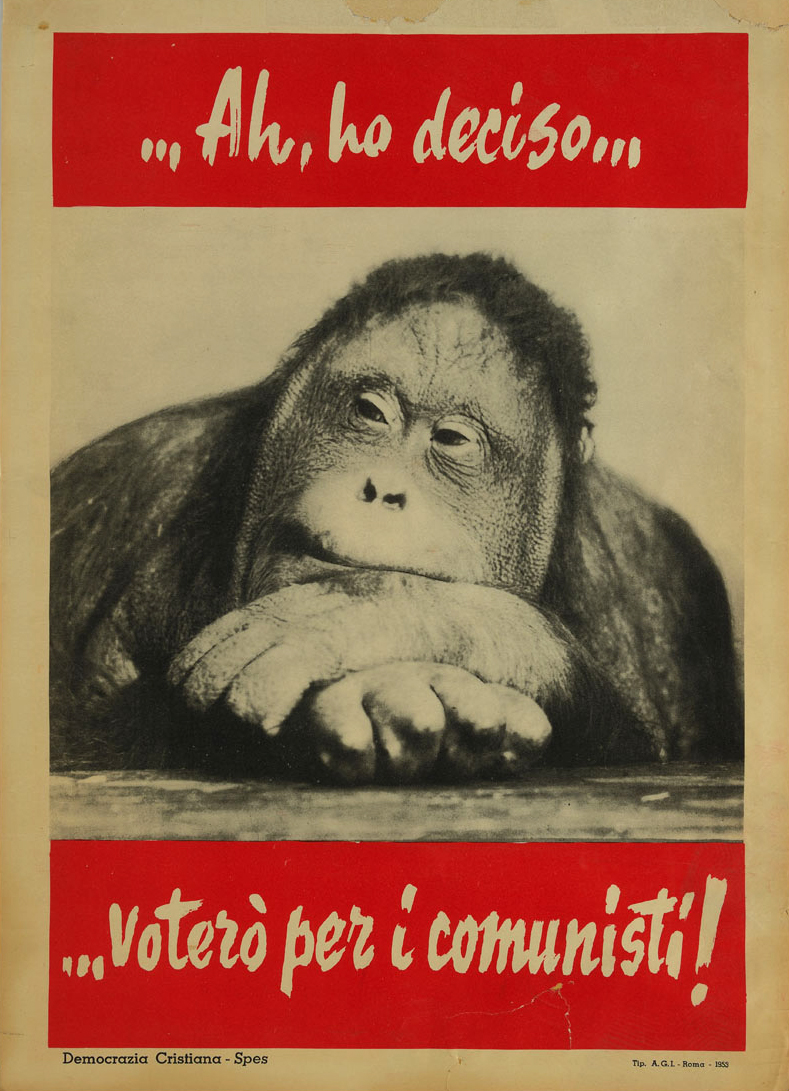

Yes I’m aware that’s what you meant but that has nothing to do with my point and affects it in no way that you are expanding a definition in a way that has normally only been done by the right-wing, for obvious reasons (Elon Musk loves hammering this point).
-
“What I mean to say is that in a market system the rational behaviour is to seek to maximise what you get for what you give. Anti-competetive practices are simply the logical way to behave in such a system. Trade unions do aim to use market forces to gain for workers an advantage and that is a good thing.” Sure. Up to a point, but you are assuming an understanding of rationality that is perfectly consistent with the neoclassical and neoliberal view of the world. The rational interests of the working class are not limited to restricting their behaviour to maximisation of their income in a private labor market.
-
“The market isn’t fair and it never has been about fairness.”. Yeh. Sure. Who said otherwise?
-
“deally we wouldn’t have a market system but while we do it makes no sense for the workers to not try and get ahead in it”. Up to a point, sure, except exclusive focus on this has historically and inevitably led to economism and reformism.
-
“Take coffee growers for example they are pitted against each other by the buyers and thus live in poverty as competition pushes their wares lower and lower. If they were to cartelise they would be able to afford good things and have the basic dignity of always having enough to eat. Competition in the market makes everyone poorer”. The formation of unions can be useful but is limited in effectiveness, especially in periods of poor-bargaining power for working class groups such as now, with very low levels of organization. The purpose of supporting unionization, from a communist view, must also include the concern to increase our leverage during period of economic boom so as to be better prepared during downturns for pushes for radicalization.
“so while trade unions are an anti-competetive practice that’s only because competetive practices are stupid” - this is vague or ambiguous and it doesn’t look like the former point doesn’t step from the latter. Also stupid for whom? Why? How? For workers? then yes, as per my point.





Yh a lot of mfers on this site need to actually read some theory.